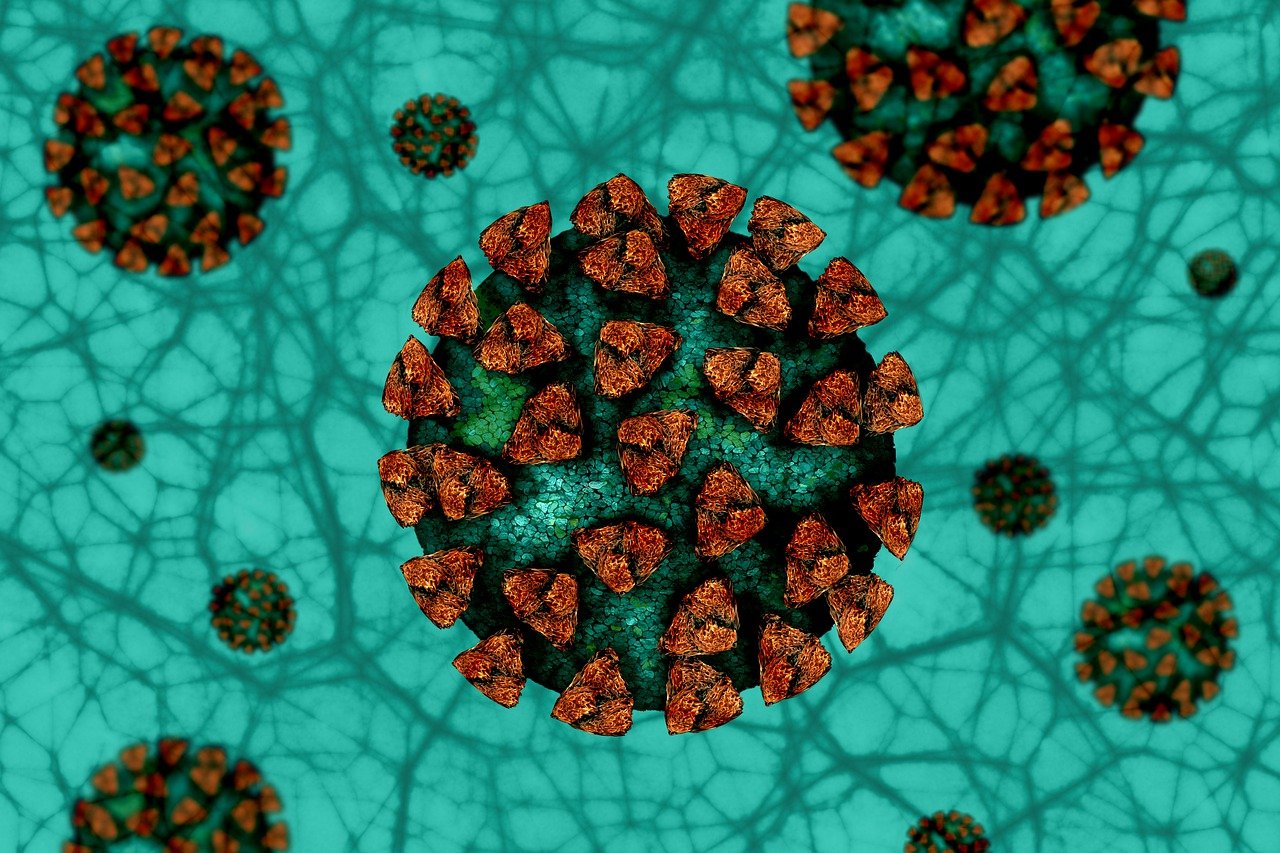

New research reveals that tinnitus, a common condition that causes the perception of noise in the ear and head, is being exacerbated by COVID-19 – as well as the measures helping to keep us safe.
The study of 3,103 people with tinnitus was led by Anglia Ruskin University (ARU), with support from the British Tinnitus Association and the American Tinnitus Association. The study involved participants from 48 countries, with the vast majority coming from the UK and the US.
Published in the journal Frontiers in Public Health, the research found that 40% of those displaying symptoms of COVID-19 simultaneously experience a worsening of their tinnitus.
Although the study focused on people with pre-existing tinnitus, a small number of participants also reported that their condition was initially triggered by developing COVID-19 symptoms, suggesting that tinnitus could be a ‘long COVID’ symptom in some cases.
Tinnitus affects an estimated one in eight adults in the UK and is associated with reduced emotional wellbeing, depression, and anxiety.
The new study also found that a large proportion of people believe their tinnitus is being made worse by social distancing measures introduced to help control the spread of the virus. These measures have led to significant changes to work and lifestyle routines.
UK respondents reported this to be a greater issue compared to people from other countries, with 46% of UK respondents saying that lifestyle changes had negatively impacted their tinnitus compared to 29% in North America.
Internal worries such as fear of catching COVID-19, financial concerns, loneliness and trouble sleeping have contributed to making tinnitus more bothersome for 32% of people overall, with external factors such as increased videocalls, noisier home environments, home schooling and increased coffee and alcohol consumption also cited by respondents. Females and the under-50s found tinnitus significantly more bothersome during the pandemic.
The study noted that as well as increasing the severity of tinnitus symptoms, the COVID-19 pandemic has also made it more difficult for people to access healthcare support for the condition. This could further increase emotional distress and worsen tinnitus symptoms, creating a vicious cycle. Before COVID-19, more than eight out of 10 UK patients were already unhappy with the treatment options available from their health professional.

Children and adults produce different types and amounts of antibodies in response to infection with the new coronavirus, SARS-CoV-2, a new study from researchers at Columbia University Vagelos College of Physicians and Surgeons has found.